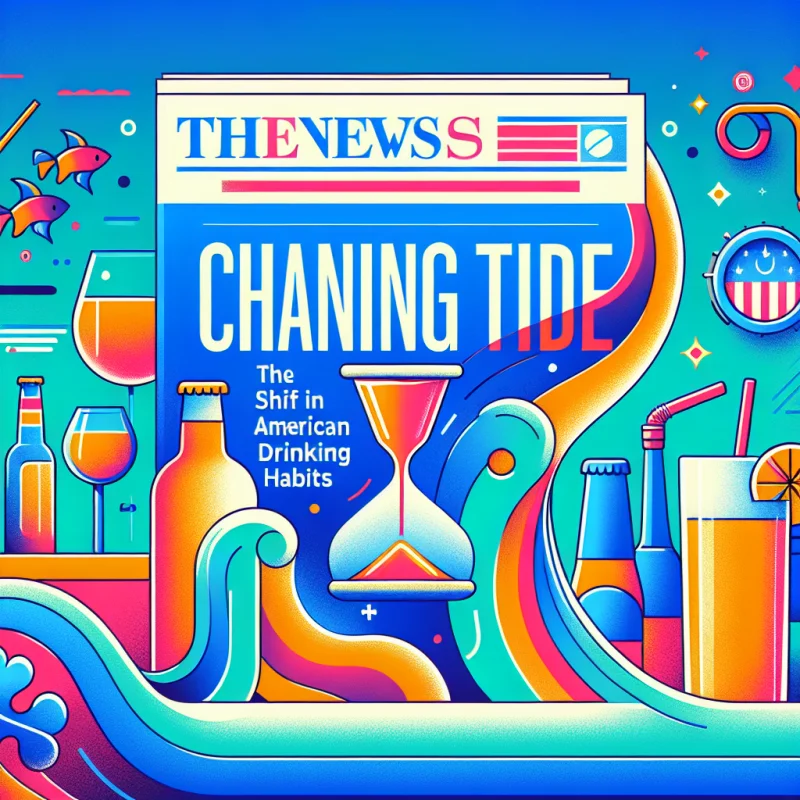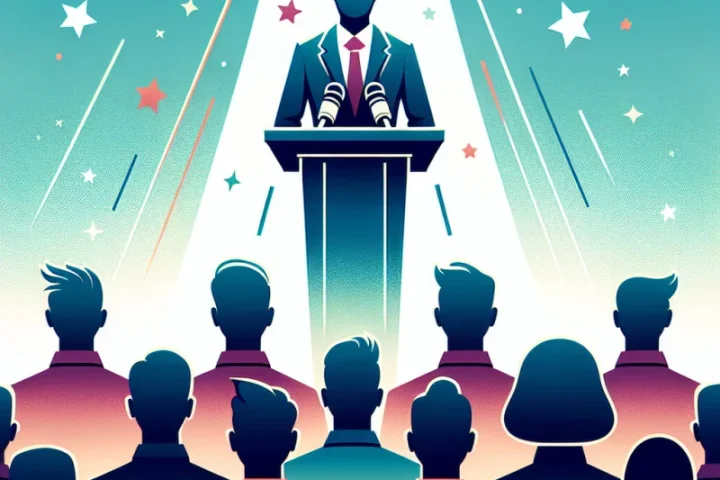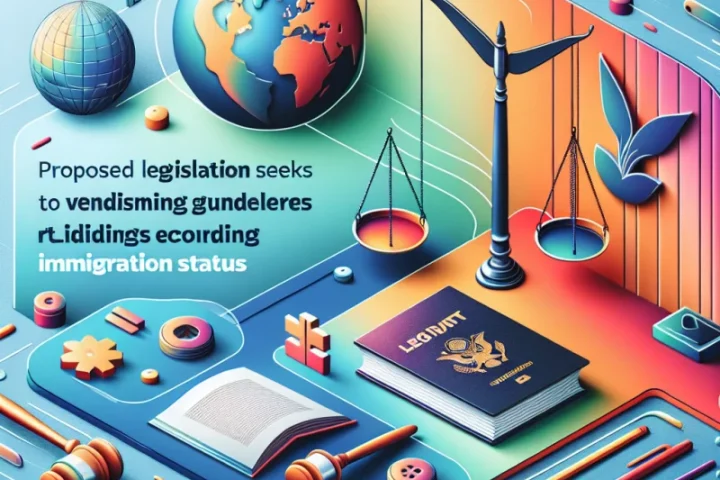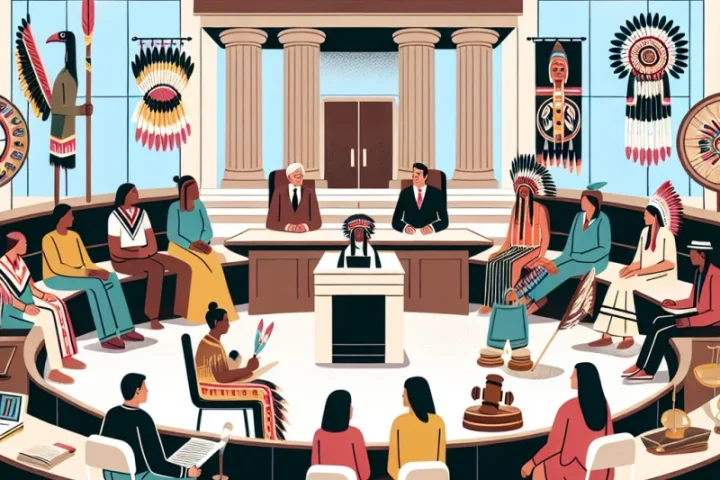Amid a notable cultural shift, the latest Gallup poll reveals a significant decline in alcohol consumption among Americans. The survey, which has been tracking drinking behaviors since 1939, indicates that only 54% of adults in the U.S. now report consuming alcohol, marking a record low. This downward trend is particularly striking as nearly 53% of Americans believe that even moderate alcohol intake can have adverse effects on health, a view that has gained prominence in recent years. Furthermore, the poll highlights a decrease in the frequency of alcohol consumption among those who do drink. Only 24% reported having a drink in the past 24 hours, a record low, while 40% mentioned abstaining from alcohol for over a week, the highest figure in more than two decades. This shift in drinking patterns is a departure from the consistent levels observed from 1997 to 2023, where alcohol consumption rates remained at 60% or higher. The reasons behind this decline in alcohol consumption are multifaceted. Recent research has underscored the potential health risks associated with any level of alcohol intake, contradicting previous studies that suggested moderate drinking could be beneficial. The World Health Organization’s assertion that there is no safe level of alcohol consumption has contributed to changing perceptions, with calls for warning labels on alcohol products to raise awareness of the link between alcohol and cancer. Experts note that the decline in alcohol use is not solely driven by health concerns but may also be influenced by economic factors and evolving societal norms. Dr. Ellen Burnham, a professor of medicine, points out that financial constraints and pre-existing health conditions could also play a role in reducing alcohol consumption among certain demographics. Despite the decrease in alcohol consumption, data indicates that the shift is not leading to increased use of other substances like marijuana, suggesting a unique trend in changing consumer behavior. Interestingly, the decline in alcohol consumption is most pronounced among younger adults, although there is also a noticeable decrease among middle-aged and older adults. This generational change in drinking habits may be attributable to evolving attitudes towards alcohol and shifting social dynamics. Additionally, a partisan divide has emerged in drinking behaviors, with a significant drop in alcohol consumption among Republicans compared to Democrats in recent years, indicating a potential shift in cultural perceptions of alcohol use. As the landscape of American drinking habits continues to evolve, it remains to be seen whether this trend towards reduced alcohol consumption will persist. While the decline may be encouraging from a public health perspective, ongoing research and analysis will be crucial in understanding the complex factors driving these changing behaviors.

Changing Tides: The Shift in American Drinking Habits

Recent Posts
- Unveiling Power: A Closer Look at Narendra Modi
- Embracing Artificial Intelligence for Progress: Albania’s Path to EU Integration
- Celebrating Icons: Trump Unveils Kennedy Center Honorees and Plans for Award Ceremony
- Proposed Legislation Seeks to Revamp Sentencing Guidelines Regarding Immigration Status
- Unveiling the Mysteries of the Moon: Exploring New Literary Works
Recent Comments
No comments to show.












